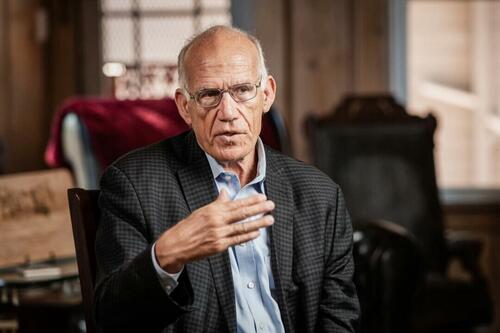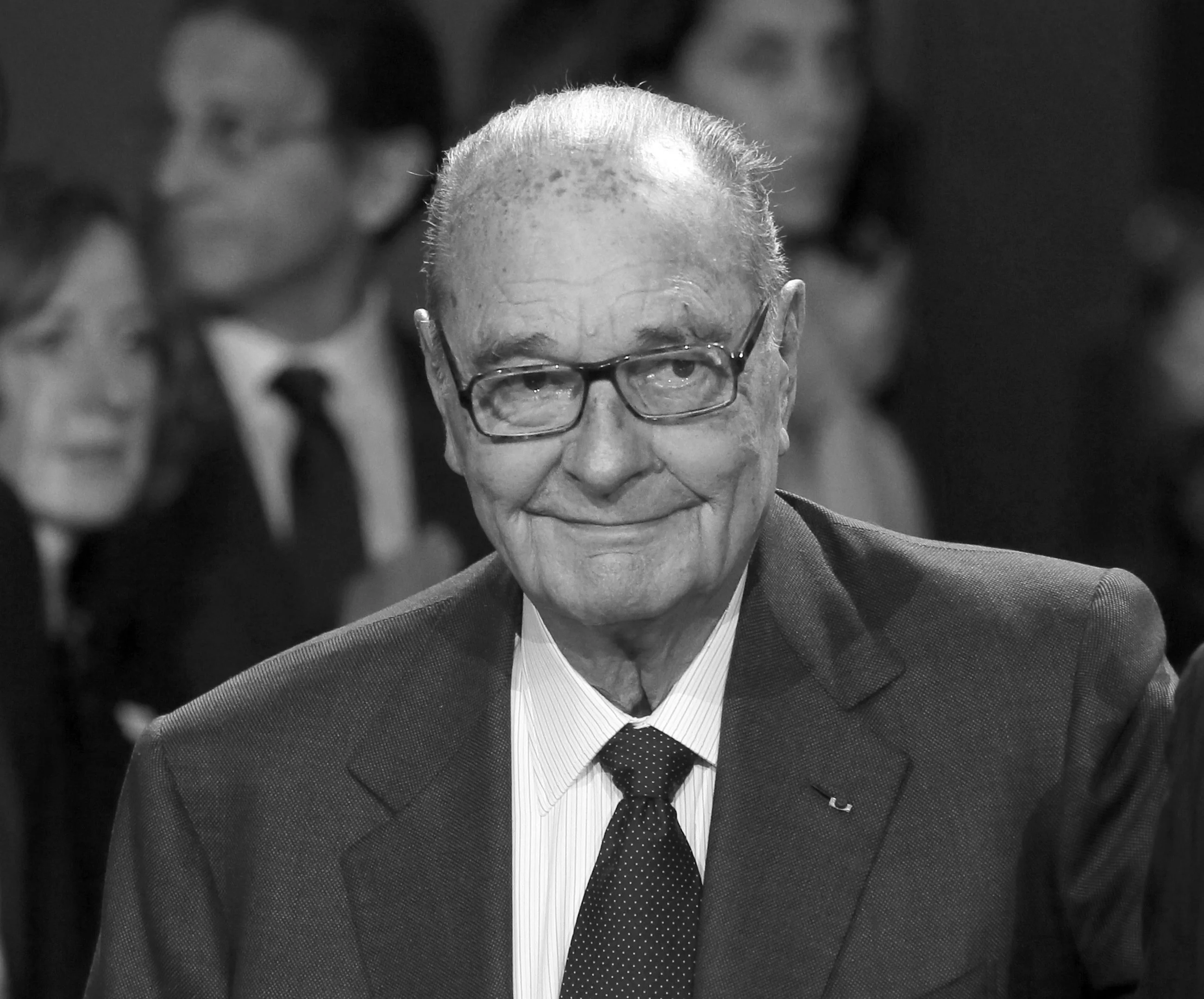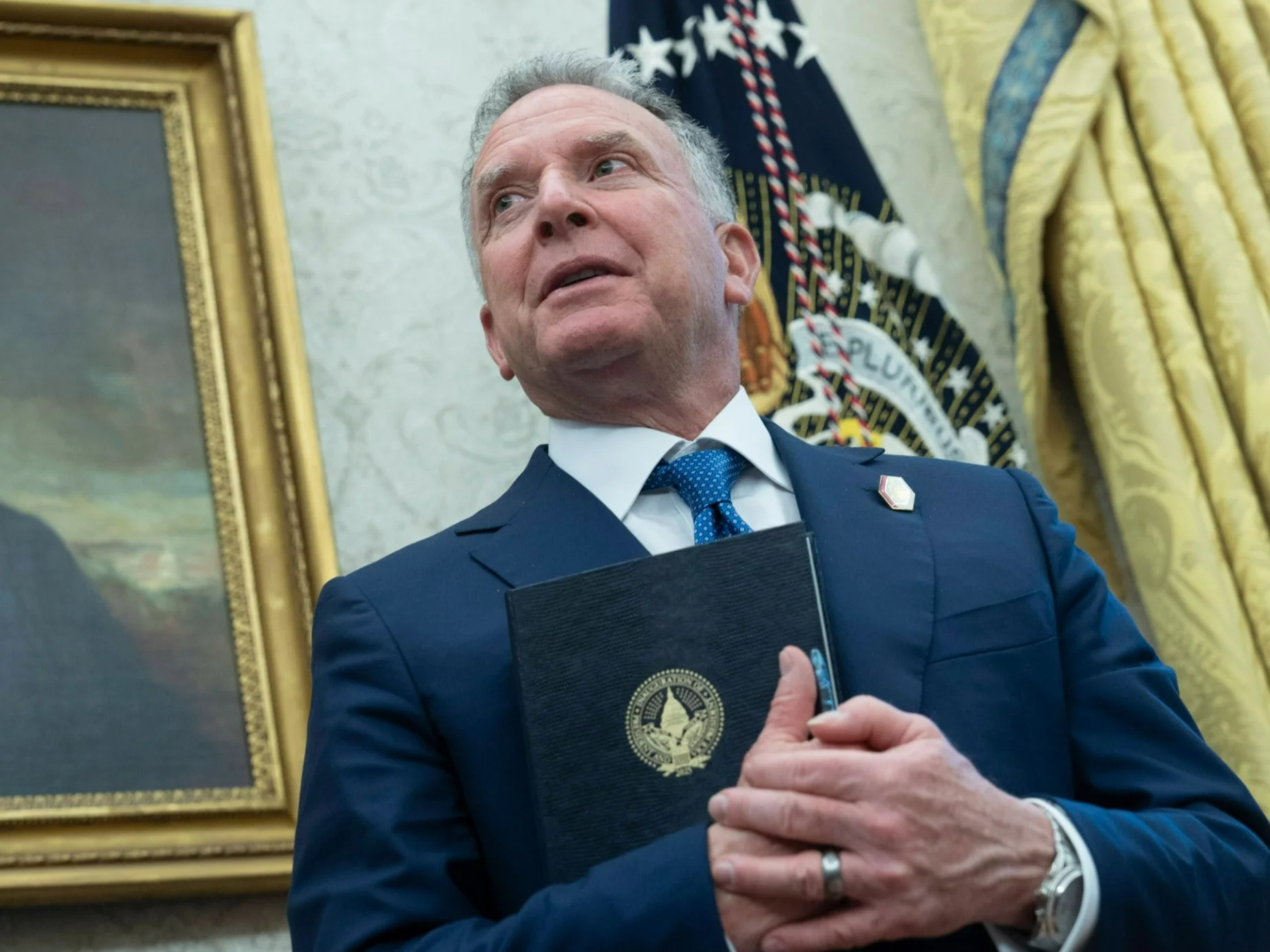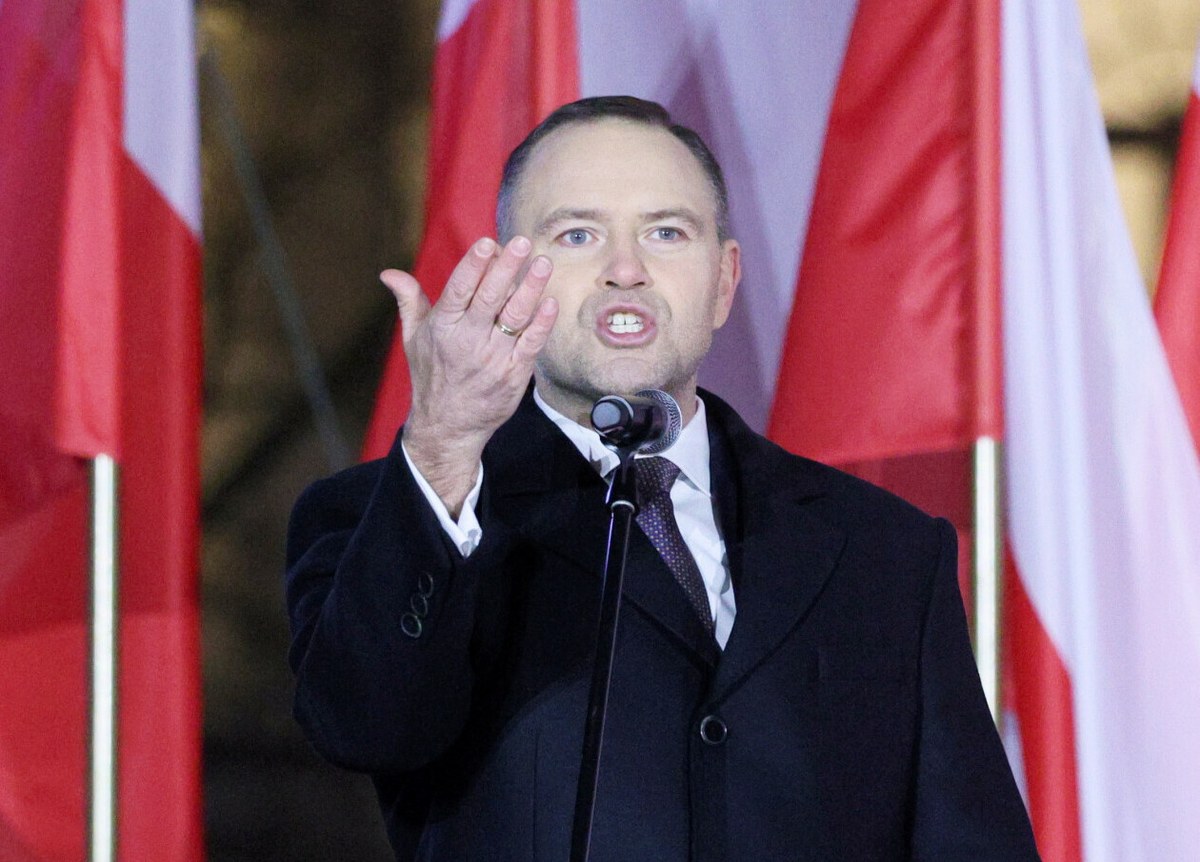
Trump Navigating Base’s Opposition To Interventionism With Iran Talks: Victor Davis Hanson
Authored by Ryan Morgan and Jan Jekielek via The Epoch Times,
As President Donald Trump continues negotiations to limit Iran’s nuclear aspirations, historian and Hoover Institution senior fellow Victor Davis Hanson believes the president is preparing his non-interventionist supporters for the possibility of a more forceful confrontation in the Middle East.

On the 2024 campaign trail, Trump frequently touted his record of avoiding new wars during his first term and emphasized his plans to quickly resolve ongoing conflicts, like the one in Ukraine. At the same time, Trump has described his foreign policy approach as one of “peace through strength,” and he has been willing to threaten military action to press his agenda.
In March, as the U.S. president began his push for a new deal restricting Iran’s nuclear program, he warned, “If they don’t make a deal, there will be bombing.”
In a recent interview with Jan Jekielek, host of EpochTV’s “American Thought Leaders,” Hanson described Trump as having to thread the needle with how he handles his next steps with Iran.
“The MAGA covenant he ran on said no optional Middle East wars, no foreign entanglements, and it’s always better to jawbone than to go to war,” he said.
While the Trump administration has joined successive rounds of indirect talks with Iranian representatives, Hanson assessed that Israeli leaders feel the current moment is a good window of opportunity to strike Iran.
Even if the negotiations don’t result in a deal, Hanson said Trump could use the opportunity to acclimate his base to the Israeli point of view.
“He’s saying to Israel, ‘Let’s just get six or seven months of negotiation … We‘ll negotiate to the point where they have to shut up or put up. And if you’re right … then we have a case to be made to our MAGA base.’”
Syria
Hanson assessed Bashar al-Assad’s fall from power in Syria as an important opportunity to further isolate Tehran and diminish its influence across the Middle East.
Assad fled the country in December, amid a surprise offensive led by Hay’at Tahrir al-Sham, a Sunni Islamist faction that began as Al Qaeda’s Syrian offshoot, and which the U.S. government still considers a foreign terrorist organization.
After seizing Damascus, a rebel-led council named Ahmed al-Sharaa—the leader of Hay’at Tahrir al-Sham—as president of a new self-styled Syrian transitional government. The council has named other Hay’at Tahrir al-Sham members to top leadership positions in this transitional government.
Since taking power, Sharaa has tried to present himself as more of a moderate than his past would suggest. In turn, the United States has shown reduced hostility.
In President Joe Biden’s last weeks in office, his administration retracted a $10 million bounty against Sharaa, opening the way for then-Assistant Secretary of State for Near Eastern Affairs Barbara Leaf to meet with the ascendant Syrian warlord.
This month, Trump announced he would retract sanctions against Syria “to give them a chance at greatness.” Trump met with Sharaa during his Middle East tour last week and announced he was considering normalizing ties with Syria’s new leadership.
Trump also urged Sharaa to join the Abraham Accords, a framework for normalizing relations between Israel and its various Muslim neighbor states.
Despite Sharaa’s past, Hanson assessed Turkey, Israel, Syria’s Kurdish population, and the neighboring Arab states all prefer him to Assad, and indicated that Trump may feel the same.
“There may be terrorists, but they may be directed in other directions. I don’t know. But all of these interests felt that it was superior to the Assad regime. And most of the interests were pro-American,” he said.
Tyler Durden
Thu, 05/22/2025 – 11:30









